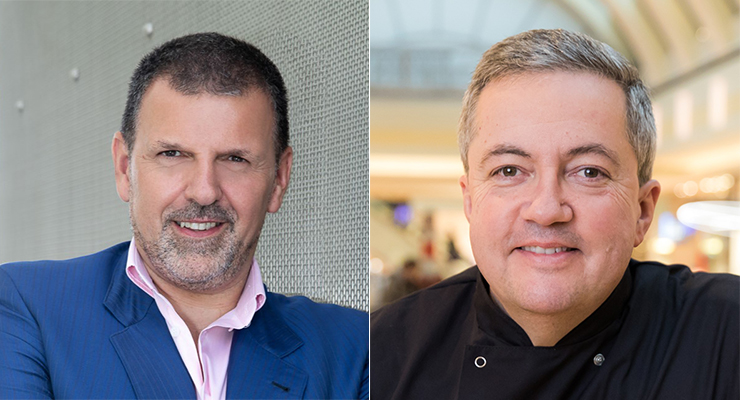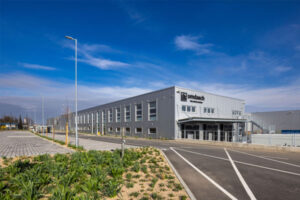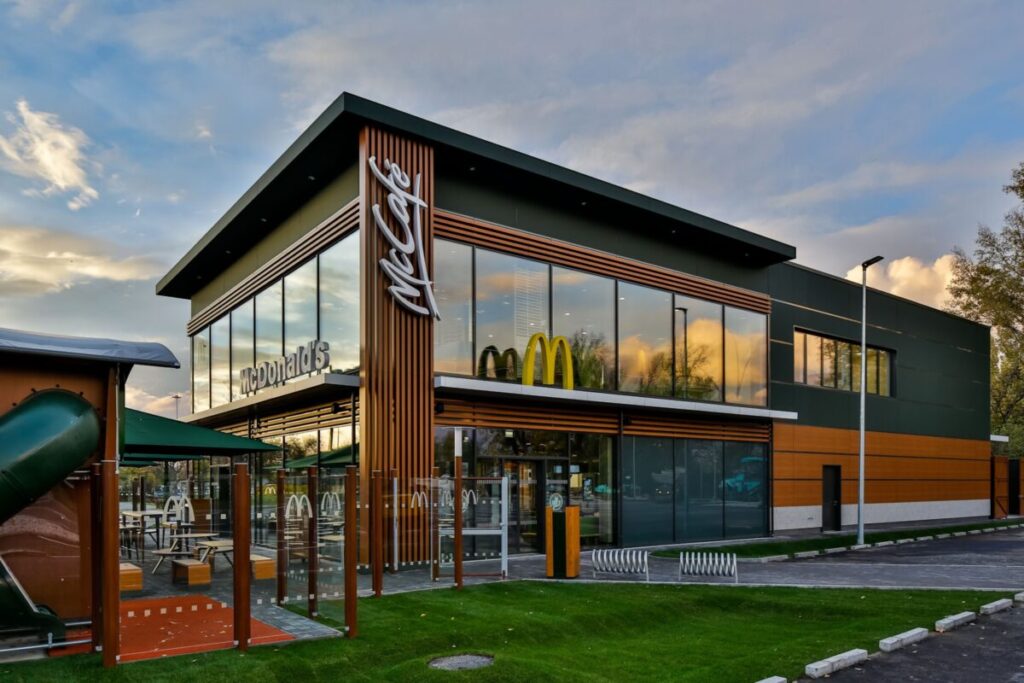
McDonald’s, United States: A Symbol Of Entrepreneurship, Quality, And Iconic Branding Worldwide.
Will & Johnny’s assessment:
“McDonald’s has been best in class since 1955. Not only is it the juggernaut of the industry, but it is also a constant testament to reinvention and a pioneer of new technologies, always at the forefront when it comes to the shift from analog to digital and the resulting benefits to the business.”
credit: McDonald’s
Everything has probably already been said and written about McDonald’s – both good and bad. First and foremost, McDonald’s stands for one thing: success. In its nearly 70-year history, the concept has always been able to adapt to new consumer groups and to keep its finger on the pulse despite social change. The McDonald’s franchise story is a remarkable journey of innovation, growth, and iconic branding. One of McDonald’s key selling points is its consistent quality, affordability, and convenience; its iconic menu items, such as Happy Meals, have become synonymous with fast food culture globally. McDonald’s franchises have profoundly impacted the food industry, setting standards for fast food operations, customer service, and brand management. However, the company’s most significant success is its constant consumer focus: McDonald’s focuses on delivering a positive customer experience through clean, welcoming restaurants, fast service, and innovative marketing campaigns.
Itsu, UK: It’s About Being Healthy, Fair, And Sustainable.
Will & Johnny’s assessment:
“Itsu has carved out a market that didn’t exist before and has overdelivered in every respect. Itsu is the iPad of the industry: You didn’t know you needed one until it was available.”
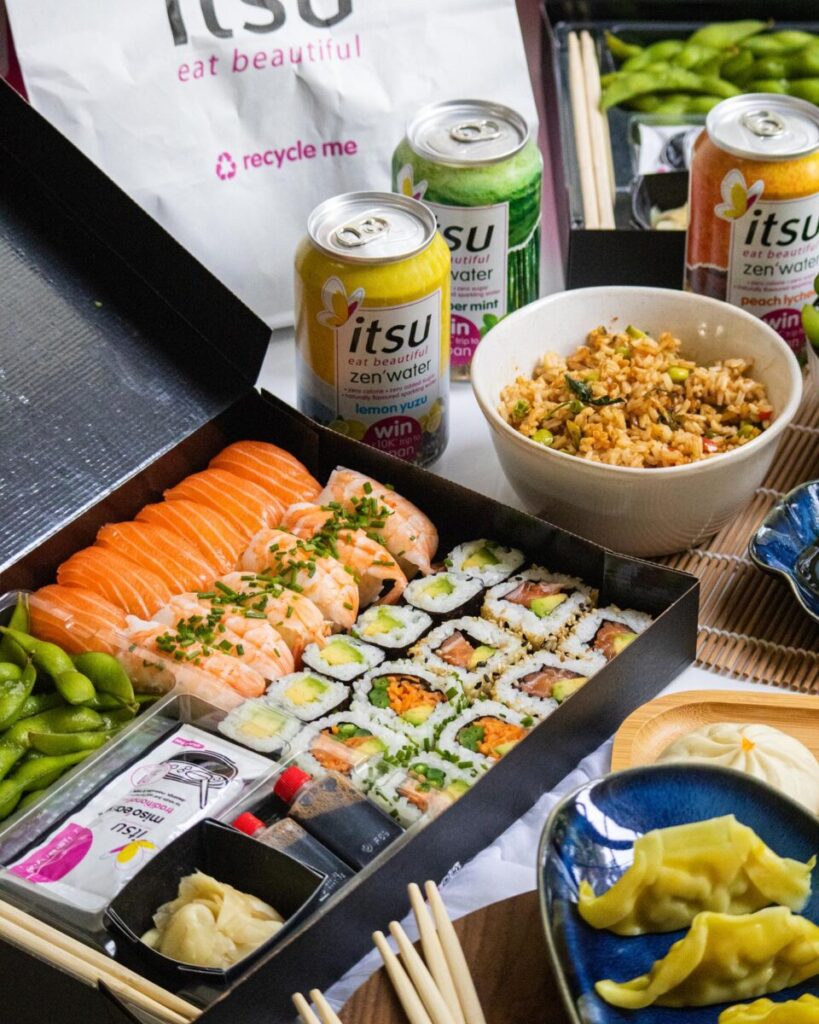
credit: Itsu
Itsu is a Japanese casual dining place that serves freshly prepared sushi, salads, dumplings, noodles, and rice bowls. Itsu was founded as a quick-service restaurant brand in Chelsea in 1997, rapidly expanding to locations across London. Today, the British chain operates 77 stores across the UK and Europe. It is, according to the company, “dedicated to an Asian-inspired health[ier] menu that is nutritious, fast, and affordable.” The grocery brand also offers products such as frozen gyoza, noodle cups, ramen broth, and miso to consumers on supermarket shelves.
At Itsu, the focus is 100 percent on the dishes themselves as well as their quality and nutritional value. The dishes are protein-packed, 40% plant-based, and full of fresh vegetables, vitamins, and fiber. Most dishes have fewer than 500 calories, with a generous quota of nutrients and healthy ingredients. However, Itsu does not only want to be a brand with purpose with respect to its products. The restaurant chain in focused on sustainability – in terms of its products, suppliers, and restaurants. It is also focused on its employees’ health, pay, and further training.
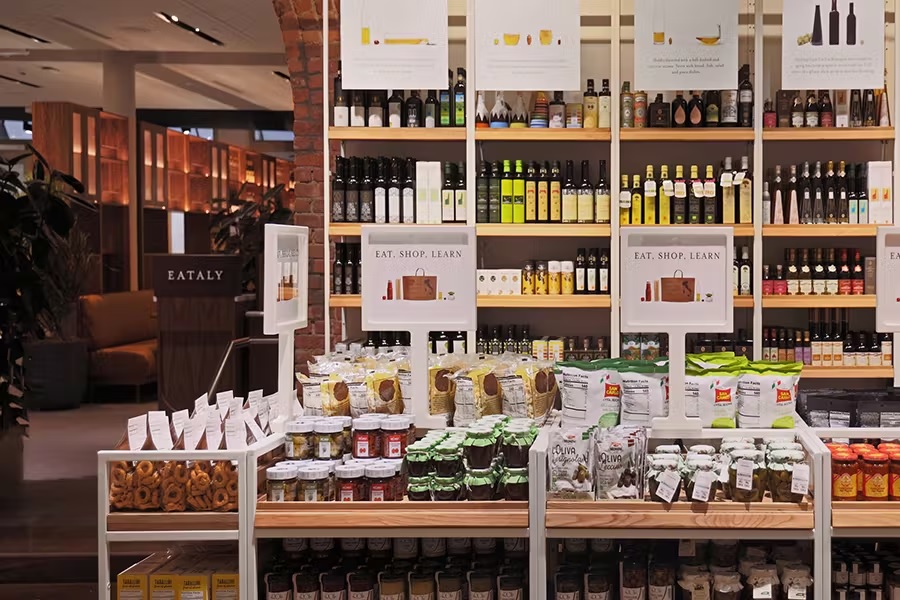
Eataly, Italy: Eat, Shop, And Learn!
Will & Johnny’s assessment:
“Eataly has created an extraordinary marriage between retail and F&B, with abundance as the standard.”
credit: Eataly
Eataly is dedicated to customers who love Italian food as well as its quality and are eager to learn about it. Eataly is a supermarket, a restaurant, and a department store. In November 2002, the Eataly concept was born from an idea that Oscar Farinetti sketched on paper. The idea was simple: to bring together high-quality food at sustainable and affordable prices for everyone under one roof, to celebrate Italian biodiversity, and to create an informal, natural, and simple place to eat, shop, and learn. The first Eataly opened in Turin in January 2007, when an old vermouth factory was transformed into Eataly Torino Lingotto – the first mixed-use market dedicated to Italian excellence. Since then, Eataly has expanded and has more than 40 locations throughout Italy and around the world.
There is an authentic and tangible philosophy behind Eataly. The unique thing about the locations is that visitors can enjoy high-quality food, shop for home, and learn a lot about the products. The founders attach great importance to ensuring that their customers are well informed, and the focus is on communicating the company’s values and providing information about the food – whether on the sales floor itself, online, or via cooking events.
Markethall Al Mamlaka, Riyadh, Ksa: Bringing Cultures Together.
Will & Johnny’s assessment:
“Al Mamlaka Mall has broken through cultural glass roofs. It is a place where joy, happiness, and fun are showcased without the need for alcohol.”
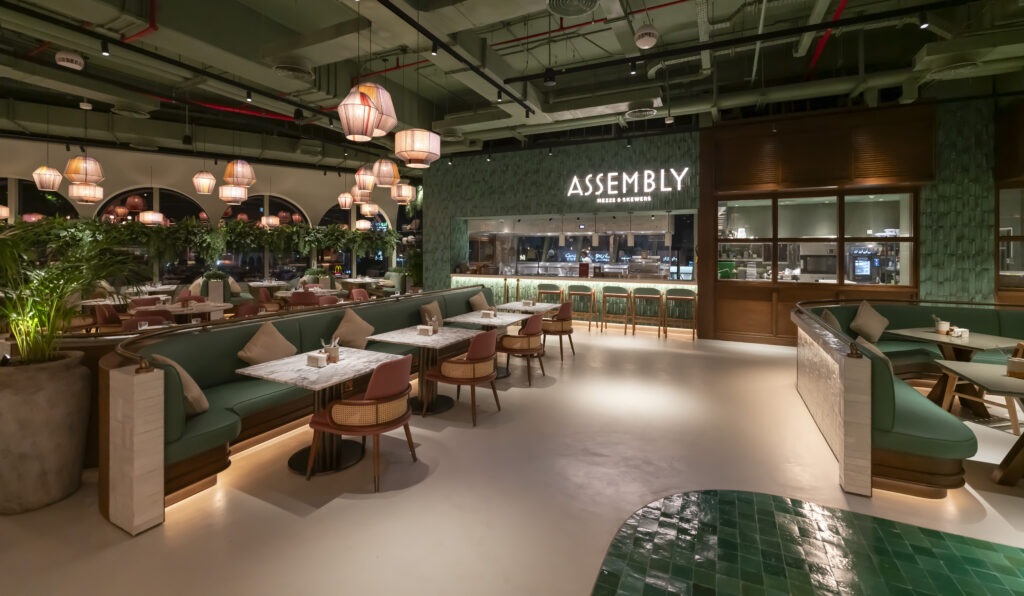
credit: Al Mamlaka Social Dining
Al Mamlaka Social Dining in the heart of Riyadh’s Kingdom Center is a testament to Saudi Arabia’s innovative spirit and everchanging F&B scene. After almost three years of conception, planning, and development, the market hall opened in September 2023. It has been building on its success story ever since, attracting both local and international visitors. Twenty-one cuisines from around the world have been selected to showcase the best local and international brands, spread across four rooms. The focus is on local, regional concepts, showcasing the best of the region and its culinary heritage. It also incorporates global trends and provides a platform for emerging Saudi talent to carry out their concepts.
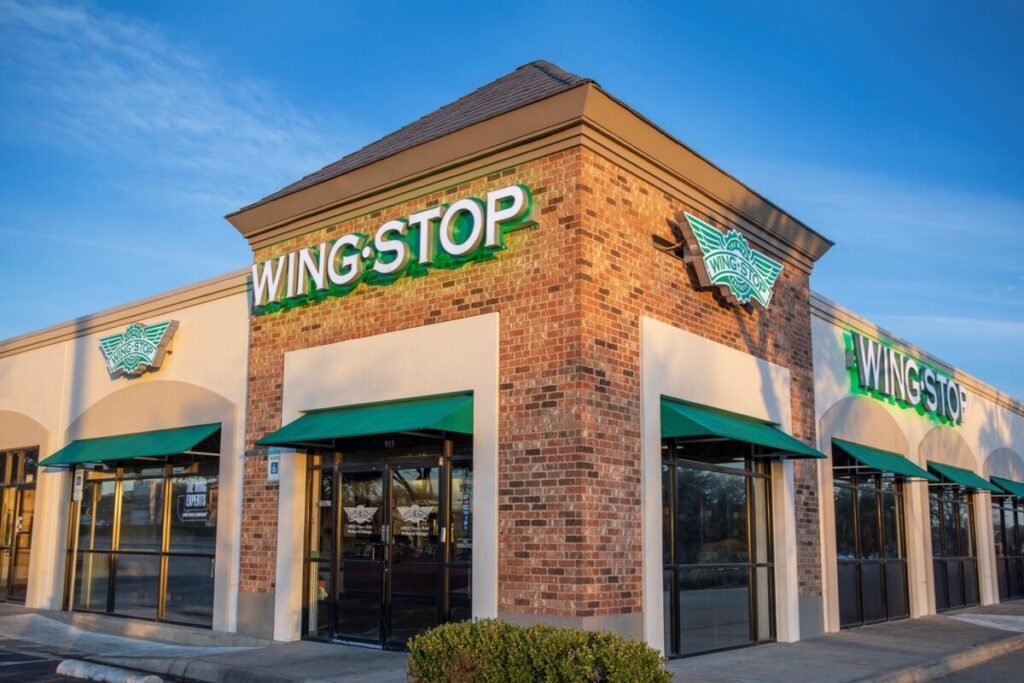
Wingstop, United States: It’s All About The Chicken.
Will & Johnny’s assessment:
“Never has chicken been so ‘on message’. Wingstop has reinvented poultry.”
credit: Wingstop
Founded in 1994 in Garland, Texas, Wingstop has quickly become a household name in the world of chicken. The more than 2,000 restaurants worldwide focus solely on serving high-quality, delicious wings. That clear focus on the menu has to do with the fact that the chain prides itself on serving fresh, never frozen chicken wings that are hand-sauced and tossed to perfection, which has helped Wingstop build a strong reputation among wing enthusiasts.
In addition to its worldwide physical expansion, Wingstop has embraced technology to enhance the customer experience. The company introduced very early online ordering and delivery services to make it even more convenient for consumers to enjoy their chicken. The possibility for consumers to eat their chicken at home as part of the digital transformation has increased sales and improved customer loyalty.
Nobu, Japan/United States: An Actual One-Man Show!
Will & Johnny’s assessment:
“Nobu is a one-man show and has gained global recognition at multiple locations and in multiple formats – simply impressive!”
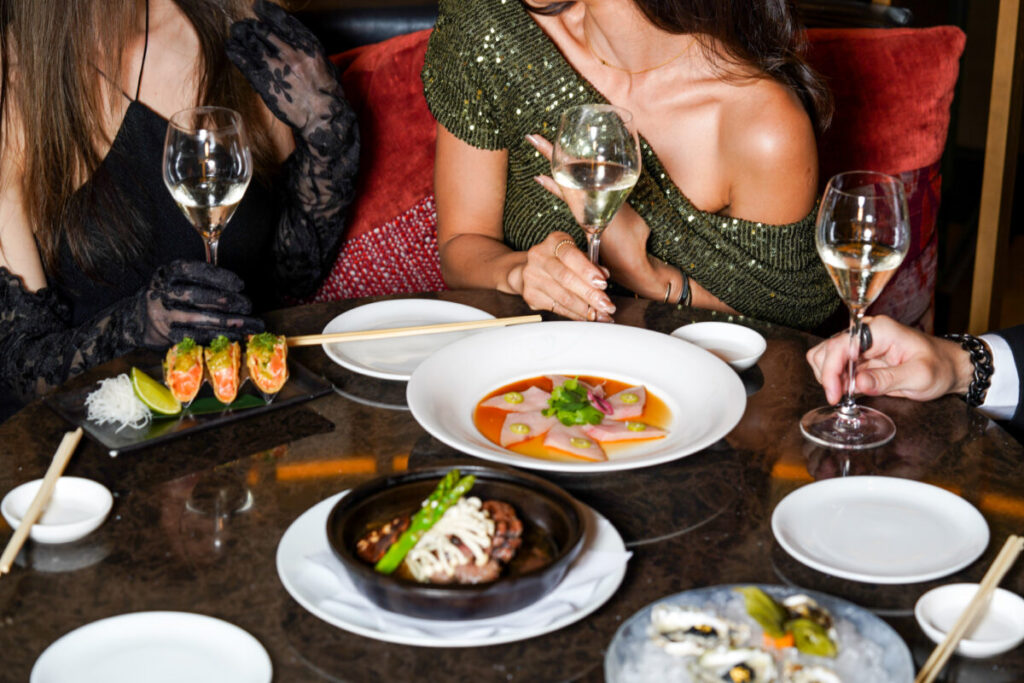
credit: Nobu
Nobuyuki Matsuhisa, the Co-Founder and Master Sushi Chef of the high-end restaurant chain Nobu, has built an empire of more than 50 restaurants across five continents together with Robert De Niro in 30 years. His famous restaurants – Nobu and Matsuhisa – serve Matsuhisa’s typical Japanese-Peruvian fusion cuisine. The signature dish is miso-glazed black cod. Five of his restaurants have been awarded Michelin stars. Born and raised in Saitama, Japan, Nobuyuki Matsuhisa – better known as “Nobu” – says he gained a love for cooking from his mother. He went on to learn the art of sushi making as a young apprentice at a respected sushi bar in Tokyo. It was there when, at age 22, one of his regular customers invited him to open a restaurant in Lima, Peru, where he created his typical Japanese-Peruvian fusion cuisine. After trying his luck in Argentina, he moved to Los Angeles, where he met Robert De Niro, who convinced “Nobu” to start his chain. The rest is history. Besides being one of the most famous sushi chefs worldwide, he is also a hotelier, having teamed up with Robert De Niro and Meir Teper on the hotel-within-a-hotel Nobu concept, which includes Nobu Hotel at Eden Roc in Miami Beach and Nobu Hotel Manila.
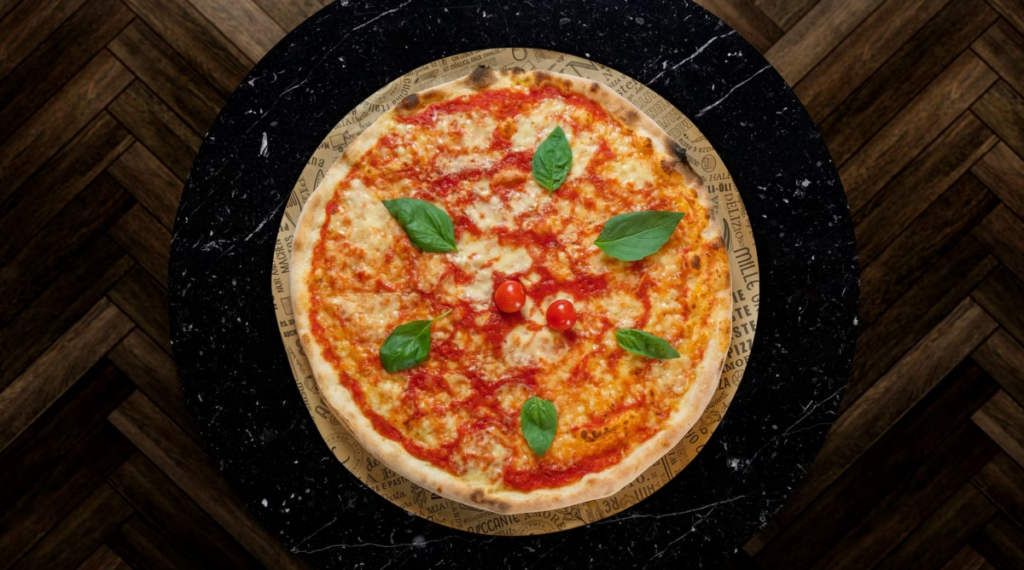
L’Osteria, Germany: Italian Family Spirit Meets German Efficiency.
Will & Johnny’s assessment:
“L’Osteria has created an Italian atmosphere and globally scalable food.”
credit: L’Osteria
The first L’Osteria opened in Nuremberg back in 1999. Even back then, the restaurant was known for its huge pizzas and fresh pasta, but it initially remained a local insider tip. Encouraged by its success, the founders quickly spread the concept further. The focus was on creating an Italian atmosphere, including large tables with plenty of room, an open concept in which you can watch the chefs cook, lots of space, and a sense of family.
Today, FR L’Osteria SE operates the most successful full-service concept in Germany. Today, the L’Osteria brand is represented in nine European countries with over 170 locations operated by the company and franchisees, generating annual sales of 385 million in 2022 and providing work for around 6,500 employees. L’Osteria intends to continue its success story in the years to come: “We want to become the European market leader in casual dining and to make our vision of ‘the joy of Italy – everywhere for everyone’ come true. By 2026, there will be more than 300 restaurants in 10 countries, and the turnover and number of employees will double.”
Gail’s Bakery, UK: Unpretentious Food Made With The Finest Ingredients.
Will & Johnny’s assessment:
“The reinvention of a traditional British bakery on highstreets throughout the UK.”
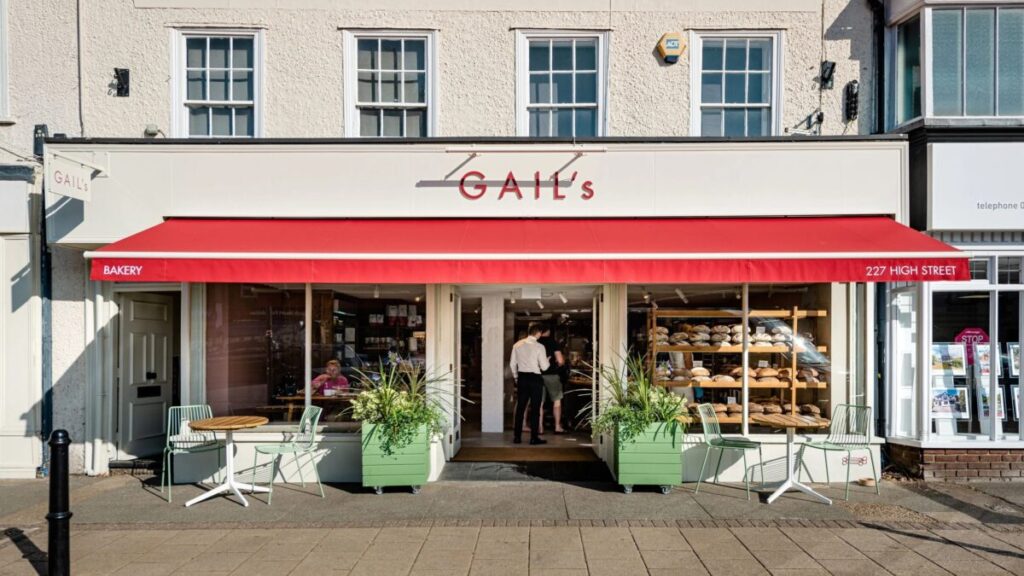
credit: Gail’s Bakery
In 2005, Gail’s Bakery opened its first bakery on London’s Hampstead High Street and started serving baked goods crafted using only the finest ingredients. Today, they have expanded into neighborhoods in and around London, Oxford, Brighton, and beyond. Gail’s has crafted a brand that is both friendly and human. Baked by hand with natural ingredients, their products speak for themselves. Whether it’s the presentation of brioche breads or the perfect flat white, the aim is always simple perfection – nothing chi-chi.
Though the chain has grown over the years, the philosophy has remained the same: to make good food that people love and create bakeries that people want to keep coming back to. Second, only to the love for their mother doughs, the company takes “the most joy from daily chats with our regular customers, many of whom have been with us since we started.”
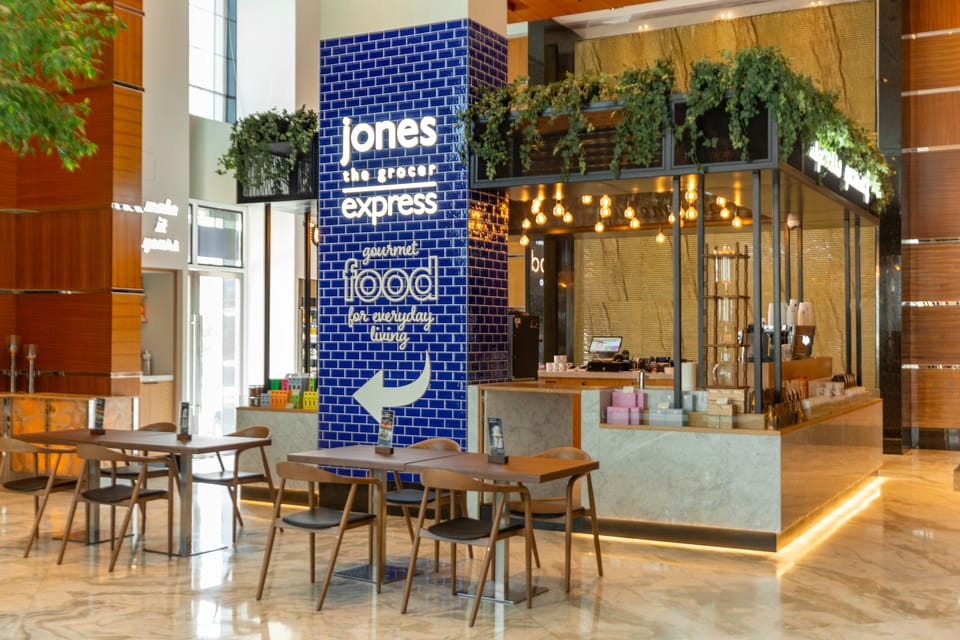
Jones The Grocer, Australia
Will & Johnny’s assessment:
“Top 10 simply because they do it all so well, fast, slow, big, small, sweet, and savory.”
credit: Jones the Grocer
Jones the Grocer was a passionate initiative born in Australia in 1996, and it was the result of a desire to run an unorthodox grocery store, café, and dairy. It was the first to offer artisanal, simple, fresh, and tasty food, even before Flat Whites existed. Yunib Siddiqui, the Group CEO and proprietor of Jones the Grocer has transformed casual dining into a global brand with over 30 chains across the Middle East and Asia. Parts of the first store in Sydney can still be seen at all locations. They include a walk-in cheese room, communal tables, demonstration kitchens, an exclusive selection of private-label gourmet foods, and freshly-baked bread, pastries, and cakes. Jones the Grocer is all about the love of food.
Espresso House, Sweden: Enjoying Coffee In A New Way.
Will & Johnny’s assessment:
“Delicious food and drink in a beautifully curated and inclusive third place.”

credit: Espresso House
In 1996, Charles and Elisabet Asker opened the door to the very first Espresso House in Lund, Sweden. Offering something completely different from most cafes then, Espresso House was a new concept that featured a cozy and welcoming atmosphere in which coffee could be enjoyed in a new way. The Askers founded the company on two important cornerstones: quality and passion. It became the basis for the culture that still characterizes the company today.
Initially, they baked everything at home in their own kitchen, using the family’s recipes. Today, Espresso House is part of JAB Holding BV, having grown into a leading premium coffee brand in the Nordics, with 500 shops in Sweden, Norway, Finland, Denmark, and Germany. Today, they no longer cook and brew in their own kitchen, but the quality remains: Espresso House serves world-class coffee among many other food and beverage offerings. Furthermore, the company promises to provide quality products sustainably – the philosophy is that zero food should go to waste.
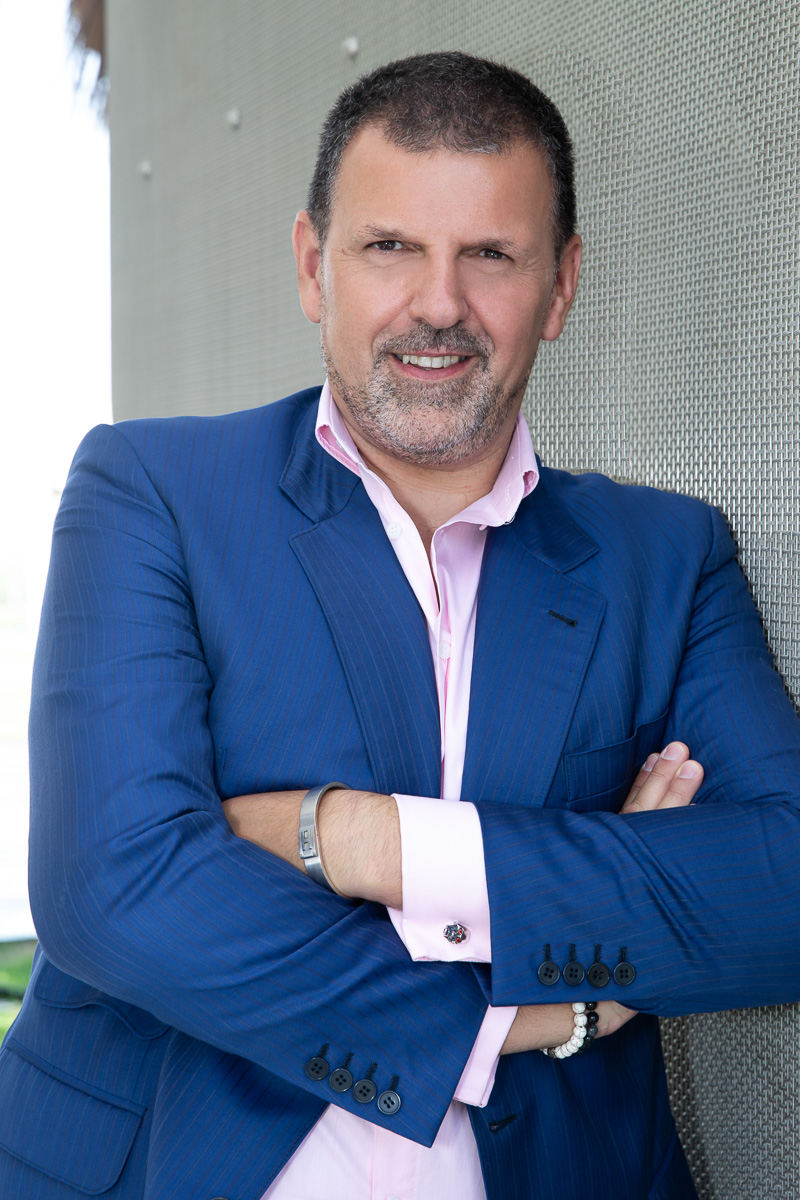
Will Odwarka
Will Odwarka is Founder and CEO of Heartatwork Hospitality
Consulting and member of the ACROSS Advisory Board.
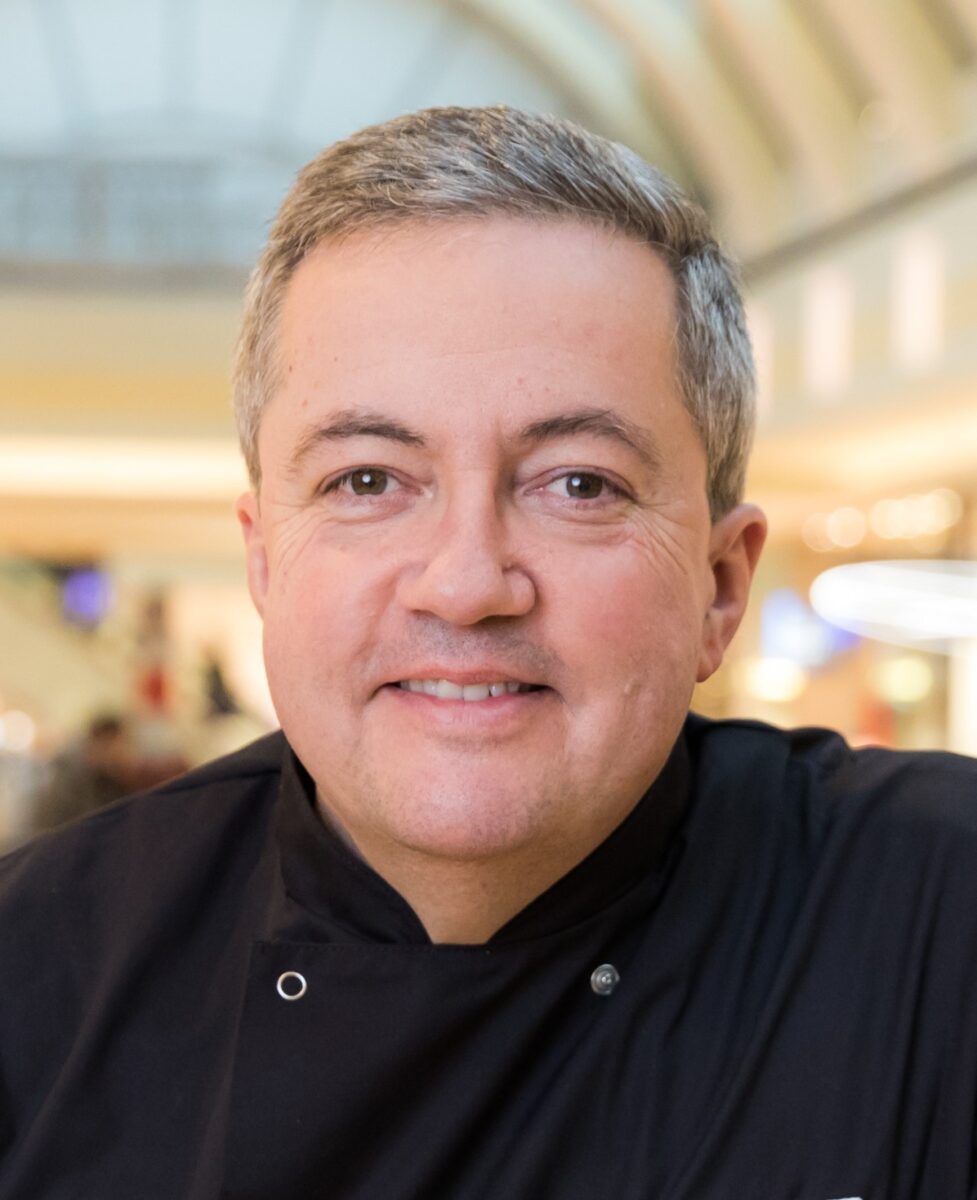
Jonathan Doughty
Jonathan Doughty is Managing Director of Viklari Consulting Ltd and
Partner at Juniper Strategy and member of the ACROSS Advisory Board.

